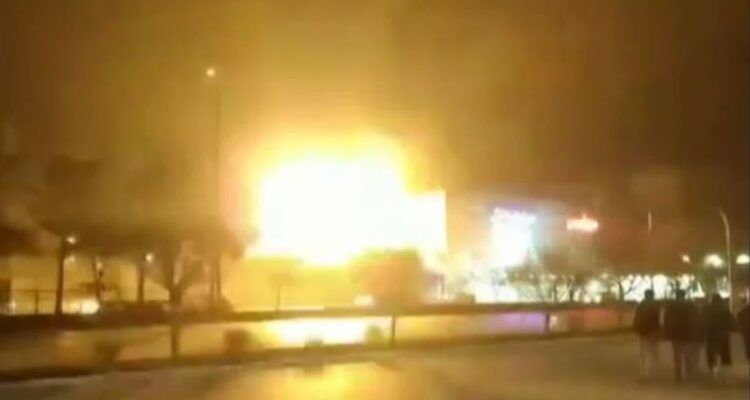New York: Of the many conflicts in the Middle East, the one between Iran and Israel is the most potentially explosive.
Iranian leaders periodically vow to annihilate Israel and are suspected of pursuing nuclear weapons that would back the threat.
Israel, which is thought to have such arms, has committed to doing whatever it takes to prevent Iran from acquiring them.
For years, the two have engaged in a shadow war, quietly attacking each other on land, by air and at sea, in some cases by proxy. They have mostly sought to avoid open clashes that would risk escalation to all-out war, preferring instead to act with plausible deniability.
But lately, the clashes have become more conspicuous. After an Iranian ammunition depot was attacked in a drone strike January 28, two US outlets reported that Israel was responsible.
They were allies starting in the 1950s during the reign of Iran’s last monarch, Shah Mohammad Reza Pahlavi, but the friendship abruptly ended with the Islamic revolution in Iran 1979. The country’s new leaders adopted a strong anti-Israel stance, decrying it as an imperialist power in the Middle East.
Iran has supported groups that regularly fight Israel, notably Hezbollah in Lebanon and the Palestinian group Hamas.
Israel regards Iran’s potential to build nuclear weapons as a threat to its existence and is thought to be behind a campaign of sabotage against the country’s atomic program.
Read the article by Ethan Bronner in The Sydney Morning Herald.

